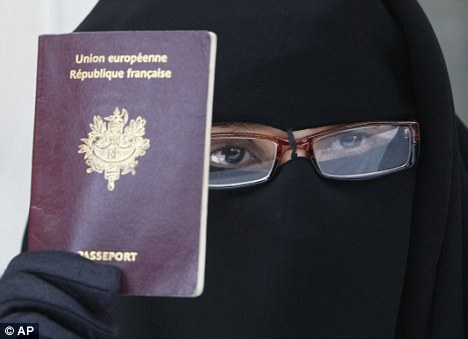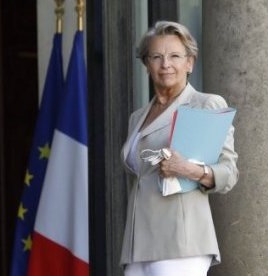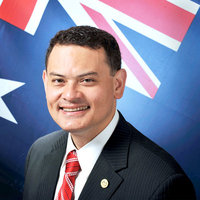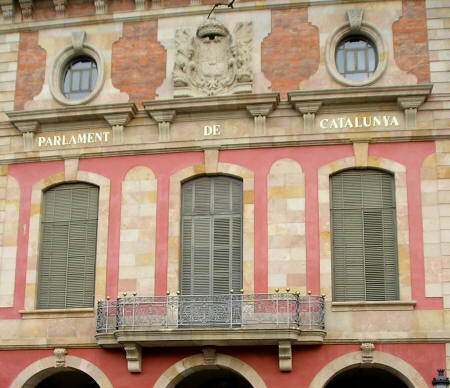Rona Mohammedi went to Somerset Medical Center the night of Feb. 11 with severe chest pains. After hearing she would need an electrocardiogram, she asked for a female to conduct the test.
A Muslim, Mohammedi wears traditional garb, including the hijab, or head scarf. The Basking Ridge woman believes it is her religious duty to maintain modesty before strange men, and an EKG calls for wires to be applied to the chest, shoulders and wrists.
Instead of heeding her request, officials let her languish in the emergency room for five hours until 3:10 a.m., when her husband sought a transfer. She is suing the hospital for discrimination and violating the Patient Bill of Rights.
The complaint filed May 14 in Superior Court in Somerville raises the question of how far hospitals must go for religious accommodations. The rights listed in state statutes say patients can expect treatment without discrimination, and respectful care consistent with sound medical practices.
Mohammedi’s lawyer, Tariq Hussain, said the hospital failed those basic tenets. “According to the patients’ bill of rights that exist in New Jersey, hospitals are required to make reasonable accommodations for patients for various reasons,” he said. “Patients should not be denied service or discriminated against based on religion.”

 As France’s parliament debates whether to ban burqa-like Muslim veils, one lawmaker compares them to muzzles, or “walking coffins.” Another proclaims that women who wear them must be liberated, even against their will.
As France’s parliament debates whether to ban burqa-like Muslim veils, one lawmaker compares them to muzzles, or “walking coffins.” Another proclaims that women who wear them must be liberated, even against their will. France’s justice minister went before parliament to defend a hotly debated bill that would ban burka-style Islamic veils in public, arguing that hiding your face from your neighbours is a violation of French values.
France’s justice minister went before parliament to defend a hotly debated bill that would ban burka-style Islamic veils in public, arguing that hiding your face from your neighbours is a violation of French values. Preachers of Islamic extremism should be barred from Australia, a federal MP says. Michael Johnson, a lower house independent, has also called for a debate on banning the burqa.
Preachers of Islamic extremism should be barred from Australia, a federal MP says. Michael Johnson, a lower house independent, has also called for a debate on banning the burqa. Catalonia’s regional parliament Wednesday postponed a vote on a motion to ban the use of the face-covering Islamic veil in public places, an issue that has sparked a debate throughout Spain.
Catalonia’s regional parliament Wednesday postponed a vote on a motion to ban the use of the face-covering Islamic veil in public places, an issue that has sparked a debate throughout Spain.